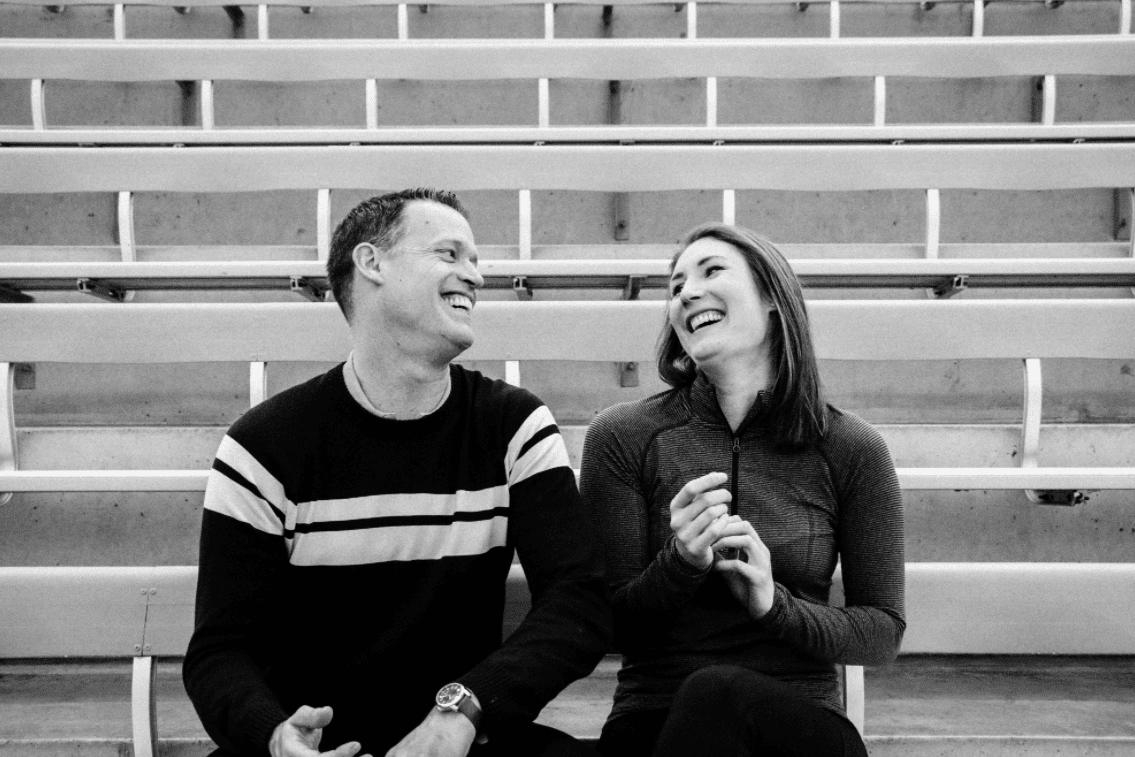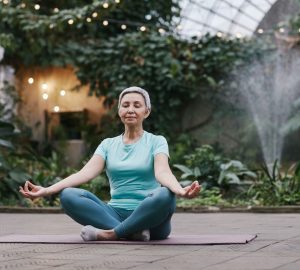Fag…. Homo… Dyke…
If that didn’t get your attention, it should. Those are the words heard by hundreds of LGBTQ athletes who have yet to feel comfortable enough to come out and be accepted in their sport.
When you total the number of professional athletes in both men’s and women’s sports at well over 10,000 and you take the Kinsey Institute’s numbers for the 1 in 10 prevalence for homosexuality in adult men, it should seem odd that there aren’t more openly gay athletes. We may be in a new millennium and people’s belief systems may be changing, but the slurs and stereotypes LGBTQ athletes face in the locker room and on the playing surface are still there. They might not be as blatant, but that doesn’t mean they’re gone.
We wanted to dig deeper to see if things really have changed over the years with players becoming more “accepting” of their LGBTQ teammates so we approached Olympic gold medalist Mark Tewksbury and two-time Olympic speed skater Anastasia Bucsis to get their takes on this important issue.
More than two decades after winning a pair of Olympic medals and breaking records in the pool, Mark is continuing to break down barriers for LGBTQ athletes. But the confidence he has today as an openly gay man didn’t come easy.
“When I was swimming on the national swim team in the 80’s and 90’s, the world was a very different place,” he says. “There was still a lot of stigma about being gay in the general population, let alone the world of sport.”
Mark felt that he had to be completely secretive about his personal life in order to prevent his career from falling apart. As one of the top professional Canadian athletes at the time and certainly the best in the pool in the 100 m backstroke, he lived in fear that his secret lifestyle would be exposed and his career would be over.
“There was constant homophobic language in locker rooms, and I was terrified that if anyone found out I was gay I would lose everything. Support from my team and coach would be gone, as well as any chance of funding or sponsorship,” he says.
In his final year of competing, leading into the Barcelona Olympics, he did some work with a synchronized swimming coach, Debbie Muir, who became a close friend. As their friendship grew, he finally felt that he could share his secret with someone.
“She was the first person in a position of authority I told,” he says. “It was terrifying, but she accepted my news with open arms and became my most important confidante and supporter. “
Finally, 15 years into Mark’s career, he had someone to talk to, and could take that energy that used to be very negative inside and overcome it to focus on the external goal of winning the Olympics. How can you compete against the very best in the world if you are not 100% authentic in who you are?
For Anastasia Bucsis, her journey of self-discovery was very similar to Mark’s. Coming from a different era didn’t mean coming to terms with her sexuality was any easier however.
“I started speedskating at the age of four, and wasn’t aware of any other gay skaters when growing up,” she said. “During my coming out I was very anxious and lonely because I lacked having an “out” athletic role models. I didn’t have any other gay athletic friends, or any mentors that I could readily turn to for advice or support.”
Although she realized that she had numerous personality traits that made up her identity, in her own mind, the label of being ‘gay’ erased everything. She was incredibly anxious and confused off of the ice which quickly became debilitating on it.
“My results – as did my mental health – quickly began to tailspin,” she says. “Especially as I felt I was being dishonest to the people surrounding me, I started to solely base my self-worth off of my results as a speed skater— something that every athlete understands will rob you of your happiness and internal peace.”
Anastasia finally opened up after friend and teammate Kaylin Irvine encouraged her “to actually live an authentic life.” She said her announcement was greeted with nothing but support by family, friends and her fellow athletes.
Both athletes admit that there has been a great deal of progress in the way LGBTQ athletes are treated by their teammates and competitors, however, they both agree that there is still a long way to go.
“Sadly, I still feel like some of this sentiment is alive today in professional sport in spite of all the progress we have made as an LGBT community,” says Mark. “Sport is still slow to change, but initiatives like ‘You Can Play’ from Patrick Burke in hockey and ‘One Team’ at the Canadian Olympic Committee are taking steps to eliminate homophobia in sport.”
When Anastasia was coming out of the closet in 2012, there were still very few active resources in place that she was aware of or felt comfortable reaching out to.
“I had heard of You Can Play, but in the bowels of the Olympic Oval, I was still very much alone and still wracked with anxiety, shame and confusion,” she says. “I felt a paralyzing amount of loneliness while coming out, and so accepting myself was incredibly difficult because I felt as though I had to figure out everything on my own.”
Anastasia is now happy to be an active member of the COC’s One Team initiative and is a Western Regional Board Member for You Can Play.
“I often feel embarrassed when I admit how much I struggled to accept myself and orientation,” she says. “But I’ve come to realize that when I gloss over the struggle, that’s doing a disservice to LGBTQ youth that are in the same place that I was.”
Mark has also remained active in a leadership role for LGBTQ initiatives in sport, working with many different organizations to address issues of inclusion and diversity. He is most proud of being seen as a mentor for young athletes struggling to come out.
“Each year I meet confidentially with a number of national team athletes to support them on their journey much like Debbie Muir did for me when I was competing,” he says.
Anastasia sums it up best when she says that sport is a mirror to society and sometimes it’s a magnifying glass.
“Without discrediting any of the immense progress that we’ve made, we still have a long ways to go,” she says. “But I think people are more receptive to furthering the discussion about locker room homophobia and I also believe that people are slowly becoming more cognizant and aware of the power of language!”








